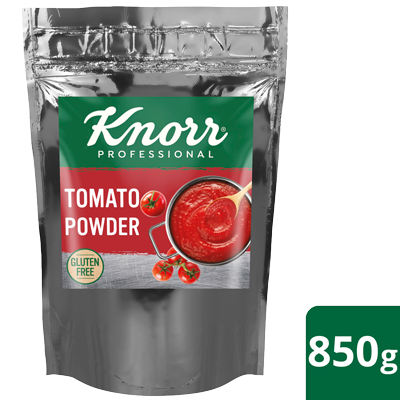Nutrition Advice
-
![Tomato and cheddar cheese cornbread]()
![Tomato and cheddar cheese cornbread]()
Tomato and cheddar cheese cornbread
Enjoy this take on an American favourite, with the added zest of KNORR Tomato Powder.
-
![Zucchini Eggplant and Tomato Gratin]()
![Zucchini Eggplant and Tomato Gratin]()
Zucchini Eggplant and Tomato Gratin
An easy and quick recipe for a hearty side with delicious, cheesy crust that makes it a perfect accompaniment to fish or chicke...
-
![KNORR Tomato Powder Gluten Free 850g]()
![KNORR Tomato Powder Gluten Free 850g]() Order product
Order productKNORR Tomato Powder Gluten Free 850g
Made with 7 kg of sustainably-sourced tomatoes in every pack.
Order Now
Find out more about Aged Care RE:FRESH
Top recipes
-
Chicken, Leek and Corn Quiche -
Sweet Potato and Pea Samosa Puffs -
Bang Bang Chicken Salad -
Stir Fried Chicken with Honey Soy and Asian Greens -
Middle Eastern Lamb Pizza -
Hearty Chicken Soup -
Beef and Vegetable Soup -
Cream of Pumpkin Soup with Smoked Ham and Roasted Garlic -
Creamy Cauliflower Chowder -
Roast Salmon with Corn Puree -
Lemon Chicken Hot Pot -
Lemon and Coconut Fish Hot Pot -
Chocolate Gay Time Mousse -
Oreo Cheesecake -
Lemon Meringue Pie -
Waffle Chocolate Mousse Baskets -
Tiramisu
Log in or Create an account to access:
- Get access to this content
- Discover the latest culinary trends
- Explore and save your favourite recipes
- Watch free video training courses for chefs
Already have an account?
Log in here






























